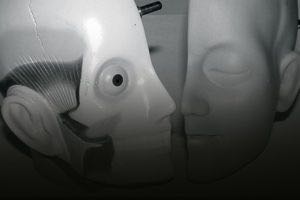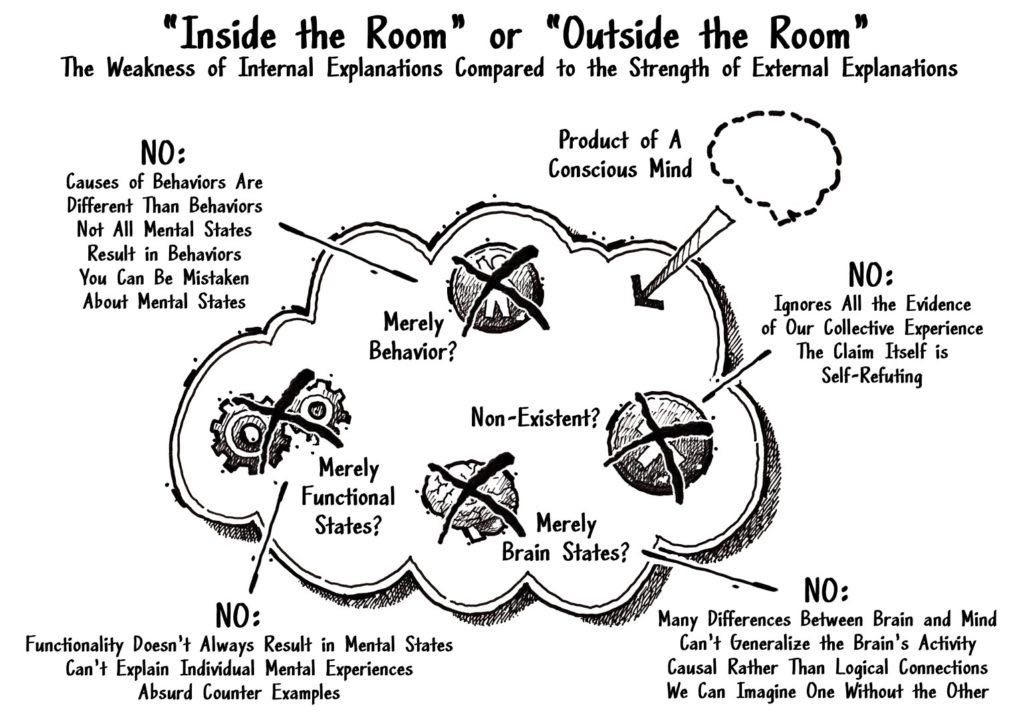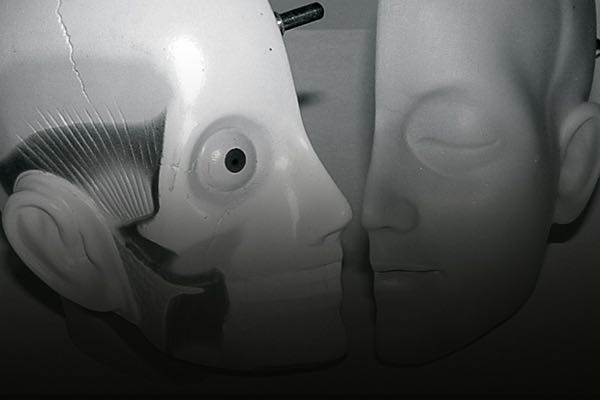
Materialists (those who reject non-material entities) typically reject such dualistic explanations. If dualism is true, the source for nonmaterial mind cannot come from “inside the room” of the material universe, and this, in and of itself, is objectionable to those committed to atheistic, material explanations. As a result, atheists have offered several objections to dualism. In this article, I’d like to examine just one of them to determine if it minimizes the strength of the Christian explanation of reality:
Objection: Dualism Fails to Explain Examples Cited in Brain Damage Patients
Some have objected to dualistic explanations by citing the apparent loss of mental function resulting from brain damage or dementia. Doesn’t this connection between physical brain damage and impaired mental states prove the nonmaterial mind is an illusion?
Not necessarily. Two entities (the mind and the brain) can be causally interconnected without being completely indistinguishable. Dualists agree there is a relationship between the mind and the brain, even as they reject the idea they are one and the same. Even though brain damage may inhibit our access to mental states, this doesn’t mean minds are nonexistent. Faulty computers are often unable to access the Internet, even as the Internet continues to exist. Not all neurosurgeons and researchers reject the existence of the mind; many still search to understand the causal relationship between the mind and the brain.
I’ve edited and excerpted this brief article from my expansive (and referenced) investigation in God’s Crime Scene. Any effort to deny the distinct differences between mental states and brain states simply ignores the evidence, errantly redefines the nature of the mind, or suffers from a logical inconsistency (three flaws common to false arguments in most criminal trials). Dualism remains the best explanation for our common experience of consciousness, in spite of any examples offered from brain damaged patients. The best explanation for the existence of non-material consciousness is the existence of a non-material mind who created us in his image:

An Illustration from God’s Crime Scene
Atheism simply cannot adequately explain our experience of mind. If, however, there is an all-powerful mind who created the universe and conscious creatures in His image, consciousness is not only reasonable but inevitable. Share on XAtheism simply cannot adequately explain our experience of mind. If, however, there is an all-powerful mind who created the universe and conscious creatures in His image, consciousness is not only reasonable but inevitable.

J. Warner Wallace is a Dateline featured Cold-Case Detective, Senior Fellow at the Colson Center for Christian Worldview, Adj. Professor of Christian Apologetics at Talbot School of Theology, Biola University, author of Cold-Case Christianity, God’s Crime Scene, and Forensic Faith, and creator of the Case Makers Academy for kids.
Subscribe to J. Warner’s Daily Email
Save
Save
J. Warner Wallace is a Dateline featured cold-case homicide detective, popular national speaker and best-selling author. He continues to consult on cold-case investigations while serving as a Senior Fellow at the Colson Center for Christian Worldview. He is also an Adj. Professor of Christian Apologetics at Talbot School of Theology, Biola University, and a faculty member at Summit Ministries. He holds a BA in Design (from CSULB), an MA in Architecture (from UCLA), and an MA in Theological Studies (from Gateway Seminary).
































